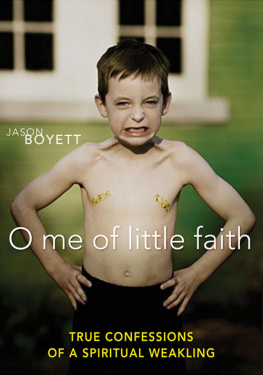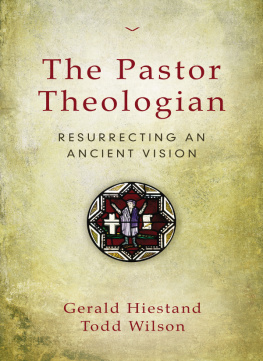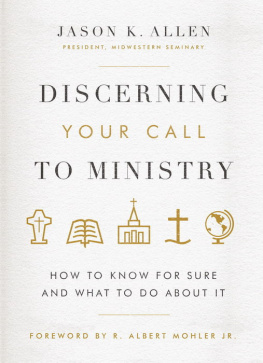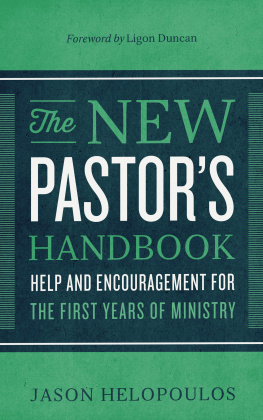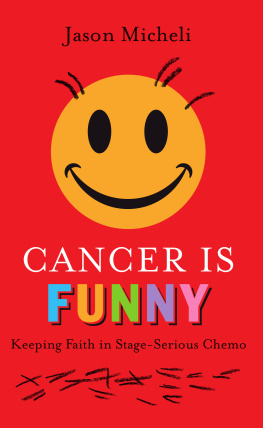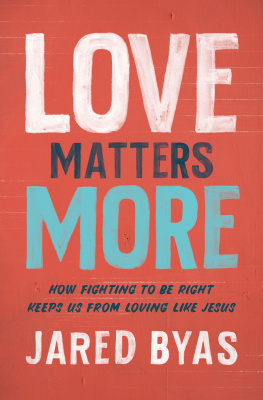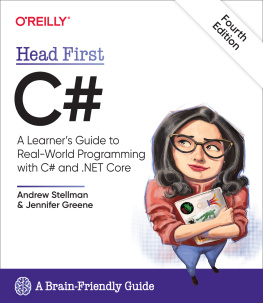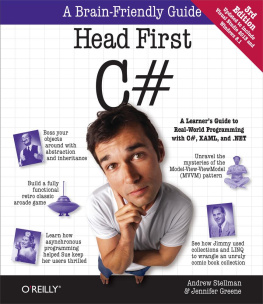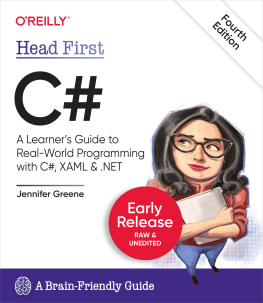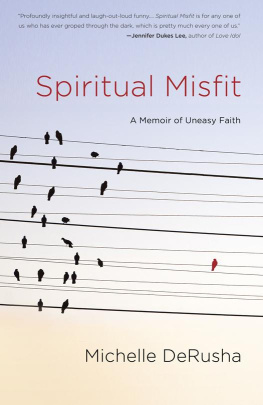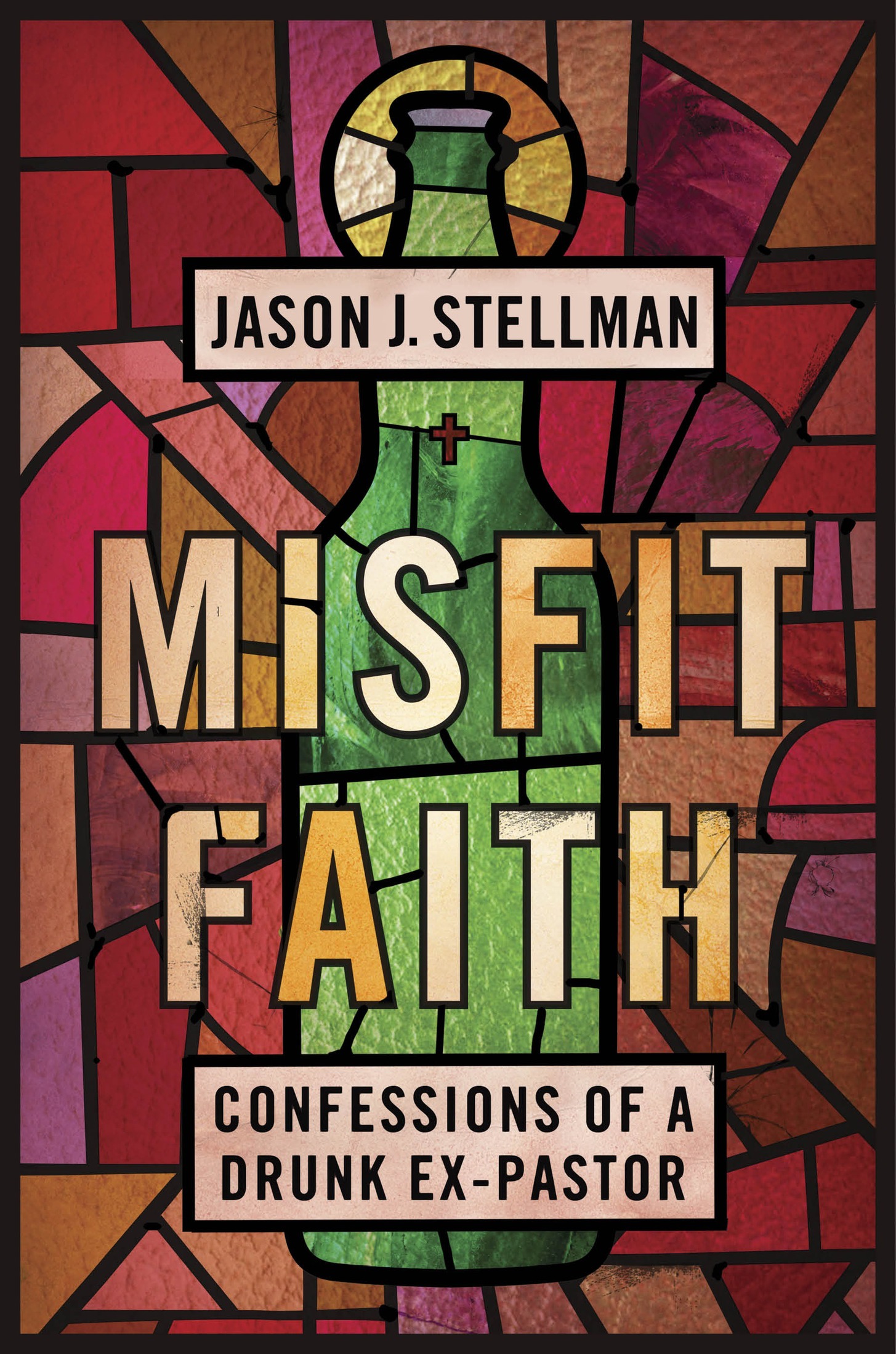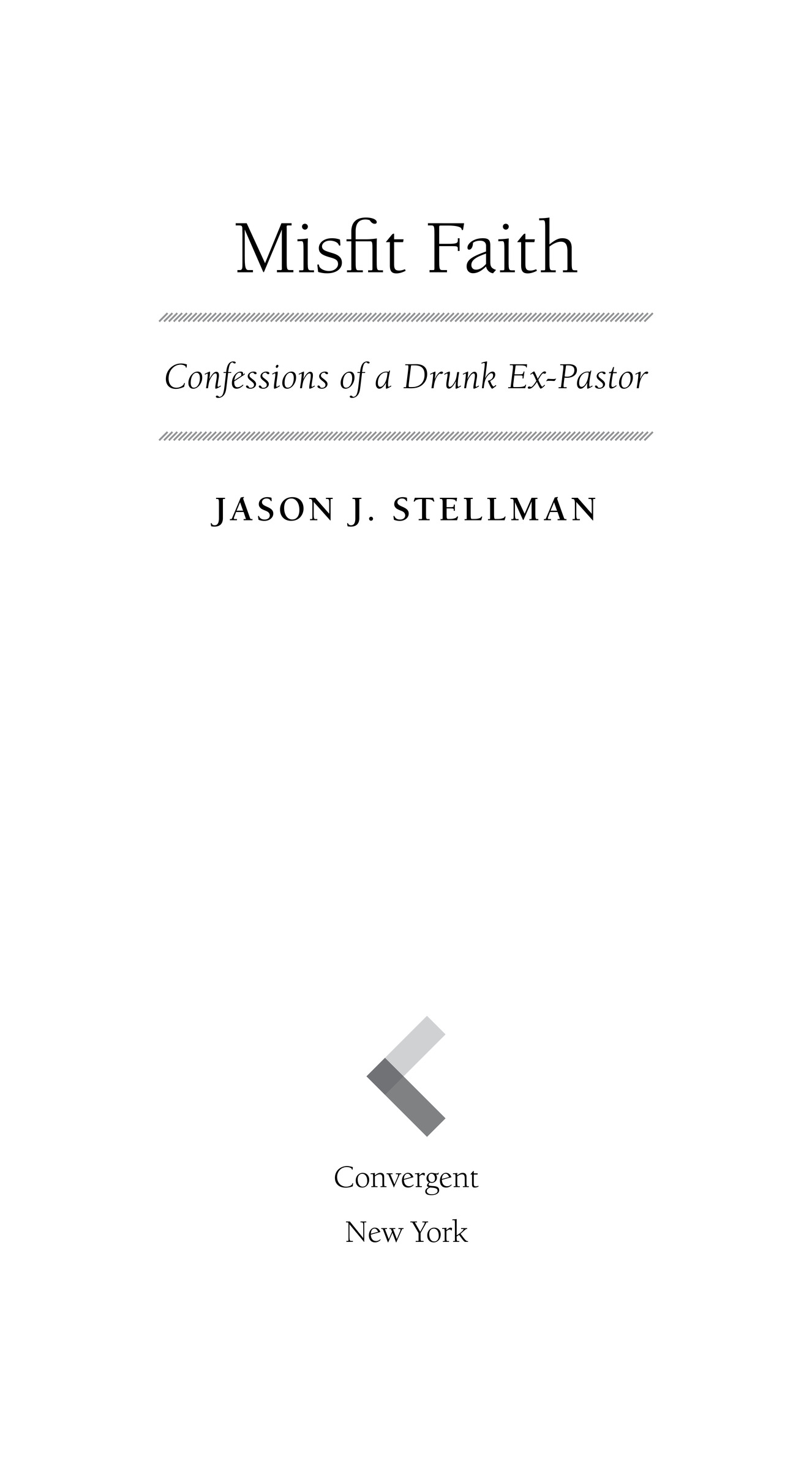All rights reserved.
Published in the United States by Convergent Books, an imprint of the Crown Publishing Group, a division of Penguin Random House LLC, New York.
CONVERGENT BOOKS is a registered trademark and the C colophon is a trademark of Penguin Random House LLC.
Library of Congress Cataloging-in-Publication Data is available upon request.
Contents
Introduction
(Or, I Once was Found, but Now Im Lost)
Chapter 1 / Daddy Issues
(Or, Does God Deserve That Worlds Best Father Mug?)
Chapter 2 / Matter Matters
(Or, How Grace Perfects Nature)
Chapter 3 / Love, Not Law
(Or, Taking Our First Step into a Larger World)
Chapter 4 / Unity in Diversity
(Or, Were One but Were Not the Same)
Chapter 5 / Shit Happens
(Or, the Excruciating Disruption of Power)
Chapter 6 / Too Good to Be False
(Or, Religion Is a Fairy Tale)
I used to be a pastor, but Im not anymore. I used to have the respect of a congregation and colleagues in ministry, but I dont anymore. I used to be able to pay my bills, but I cant anymore. (In fact, the very day I had my first phone conversation with my publishers marketing department about this book was the day I was approved for food stamps. Those benefits were since slashed to almost nothing.) Im this close to saying that I used to believe in God, but I dont anymore, but I cant. Call me stubborn, but I do still believe in him, despite an alarming amount of evidence that he doesnt believe in me. I suppose what this makes me is a misfit. And if youre reading this book, chances are youre one too. So I hope youre okay with hearing confessions, because theres some stuff I need to get off my chest.
As usual, G. K. Chesterton said it best: If a thing is worth doing, it is worth doing badly. I heartily agree and have taken up this maxim and made it into something of a motto for my own life (although my version of it is more along the lines of Id rather suck at something awesome than be awesome at something that sucks). So true to form, I am now a really bad Catholic. But in a spirit of perverse paradox, I cant help but wonder if perhaps Christianity is done best when done poorly. I mean, a lot of water has flowed under a lot of bridges since Jesus was around, and admiring him has gotten pretty complex and difficult over the last couple of millennia. Dont get me wrong, I appreciate details and dogma as much as the next guy, but as someone who has little patience these days for spiritual correctness (having learned my lesson), I have just found that stripping things back to basics results in a faith that, despite not really fitting any prior mold, is simple enough to actually practice. I suppose thats what this book is all about: When misfits try to have faith, its only a matter of time until they screw it all up. But unlike spinal surgery or online banking, theres a certain beauty in imprecision and inexactitude when applied to Christianity. Doing it wrong is sort of an indirect way of doing it right, while those who actually think theyre doing it right are mostly just complete tools that not even Jesus can stand. Misfit Faith, then, is kind of shorthand for the Christianity practiced by those whove learned the hard way that there is no easy way, who have no other hope than the last being first, and who have discovered that failing at the best thing is itself an ironic success.
But before we get into all that, some background.
My Days as a Crap Baptist
I grew up in a relatively nonreligious home. My parents were pretty good at insisting that we drag ourselves to church every Christmas Eve and Easter whether we needed it or not, but apart from that there wasnt much happening piety-wise. (Not that there was a lot of impiety, either.) Suffice it to say that I had a pretty typical experience as a child growing up in southern California in the 1980s: I went to school, played sports, watched Star Wars, and surfed and skateboarded.
Things changed a bit when I was in the sixth grade, however. Some neighbors of ours were members of a local Baptist church with an Awana program. (For those unfamiliar, Awana is like Scouts with way less camping and way more Bible.) For some reason still unknown to me, my parents decided that it was about time my brother and I got some religion, so off we went to join Awana and, eventually, Fountain Valley Baptist Church.
During one of our Wednesday night meetings, my fellow sixth-graders and I were subjected to a story about a little boy who came home from school and found his house empty and all his family missing. (I think his dog was gone too, but I cant confirm this.) Those of you with Baptist upbringings can surely guess what little Billy came to discover, albeit too late: the Rapture had taken place, and Billy had been left behind! Needless to say, the story of a boy my age entering the Great Tribulation as a petless orphan had the desired effect on me, and once the meeting was over, I grabbed my friend Gary, whose father was a leader in the church, and asked him how to become a Christian. Dude, its so easy, he assured me. I mean, I became one in the car on the way to church when I was little! Since Gary was about the best Christian kid I knew, I placed my destiny in his hands and asked him to help me become a believer so that I wouldnt miss the Rapture like Billy in the story. He told me to close my eyes and repeat a prayer after him. Upon uttering the final amen, I looked at him and said, Youre full of it! Im finding a grown-up who can help me do this right, and off I went to solicit the aid of an actual adult (who, as it turned out, led me in the exact same prayer that Gary did. I guess Gary was either quite sophisticated, or the grown-up quite unsophisticated, for his age, Im not sure which). Upon successfully asking Jesus to come live in my heart (for the second time), I was given a Bible, enrolled somewhat against my will in what I now understand was a new believers class (although at the time I had no idea why they kept pulling me out of my normal Sunday school class and sticking me in a class with a bunch of people I didnt know), and baptized by immersion after giving my testimony in front of the congregation. From that point on, whether my life reflected it or not (it didnt), I considered and called myself a Christian.


